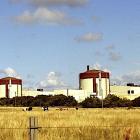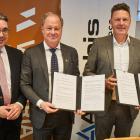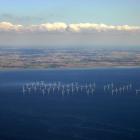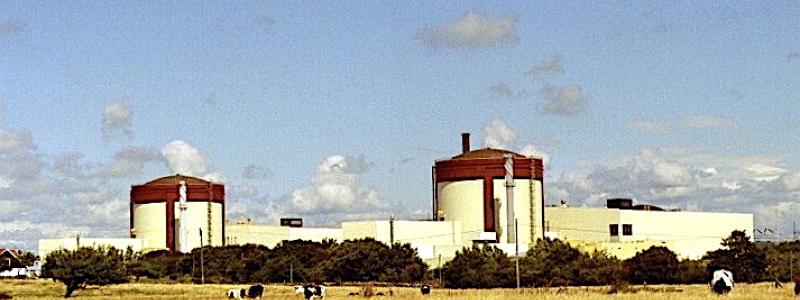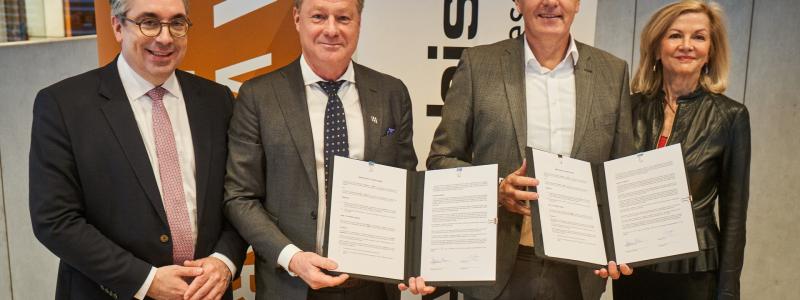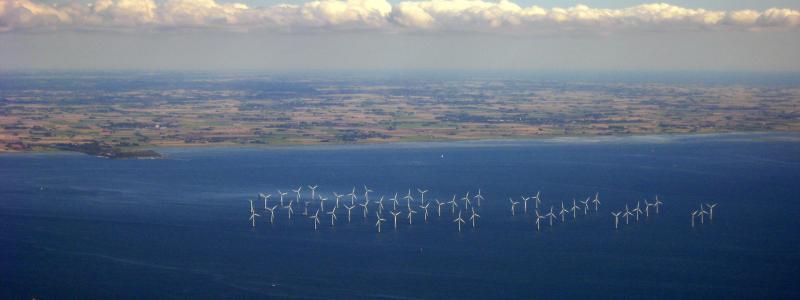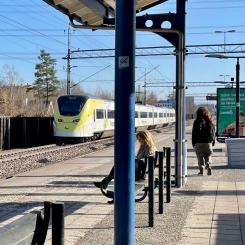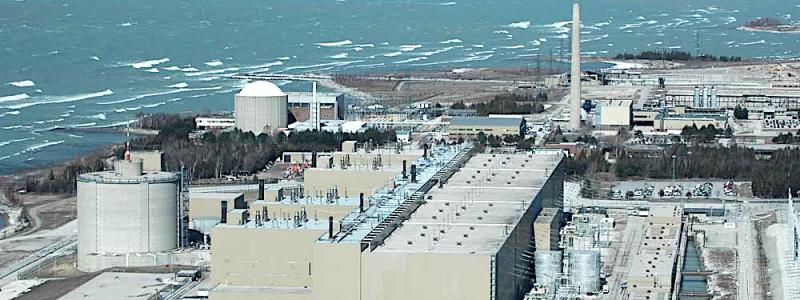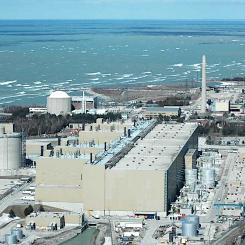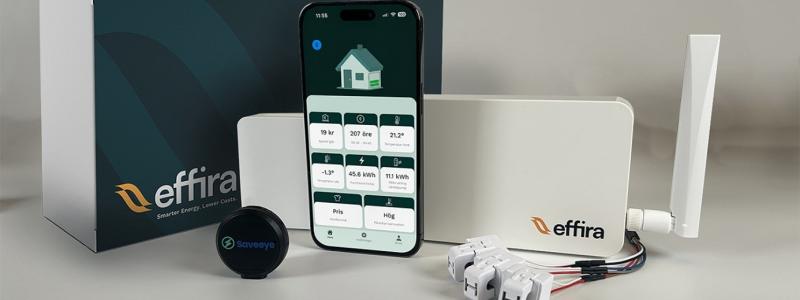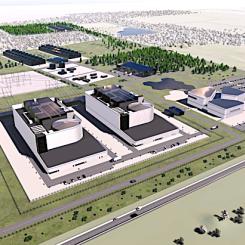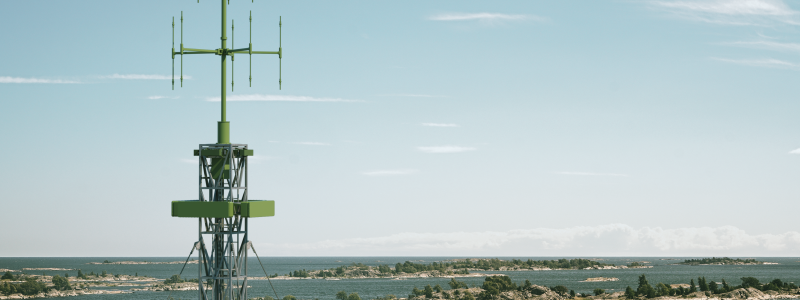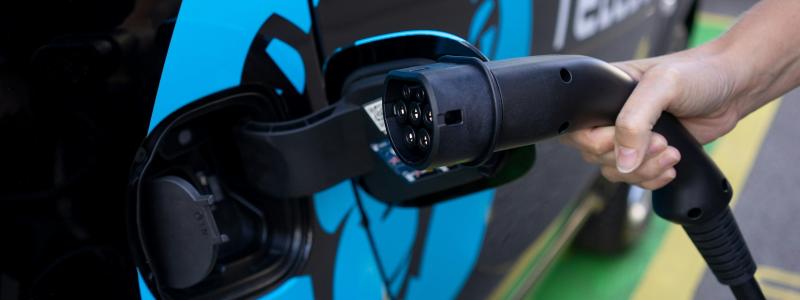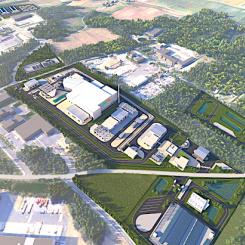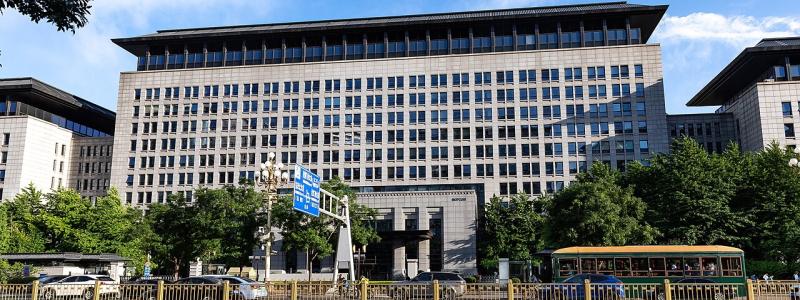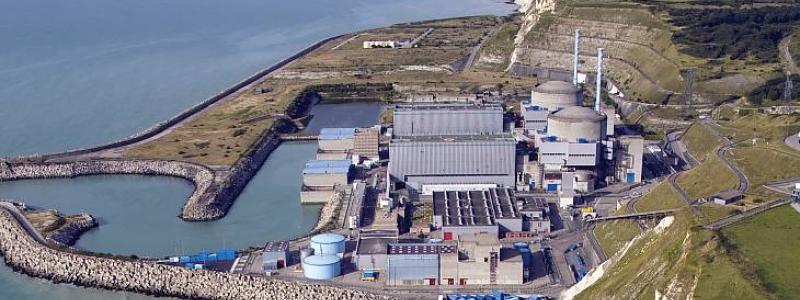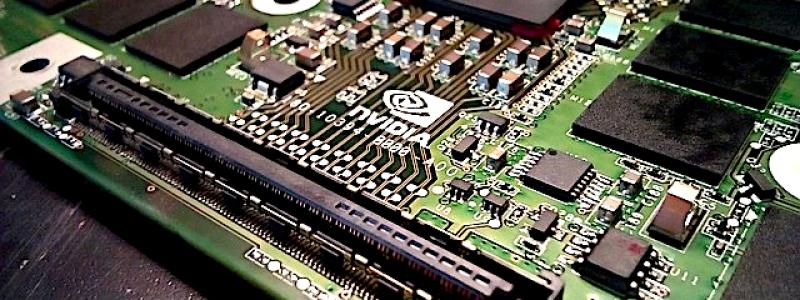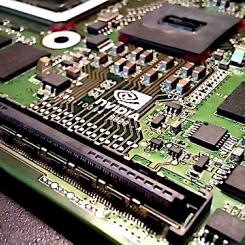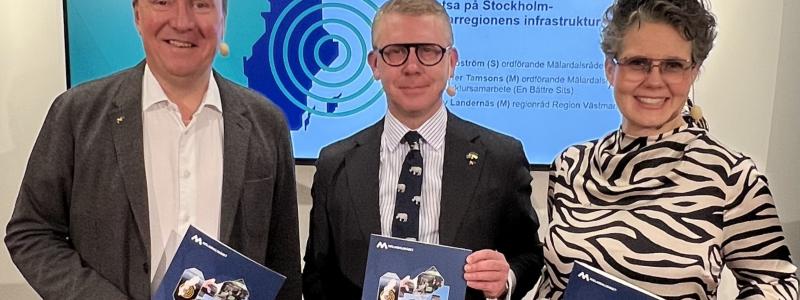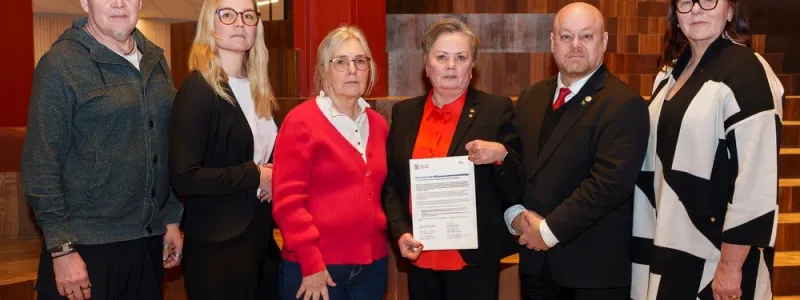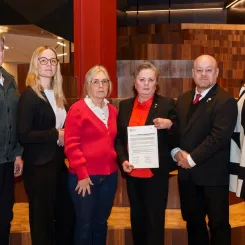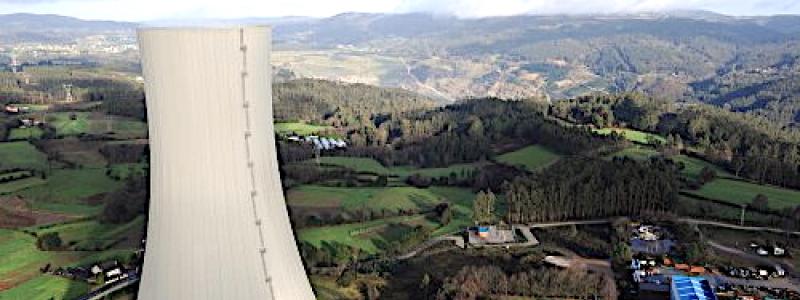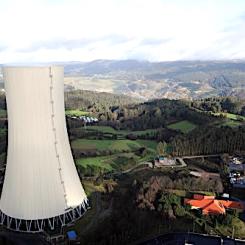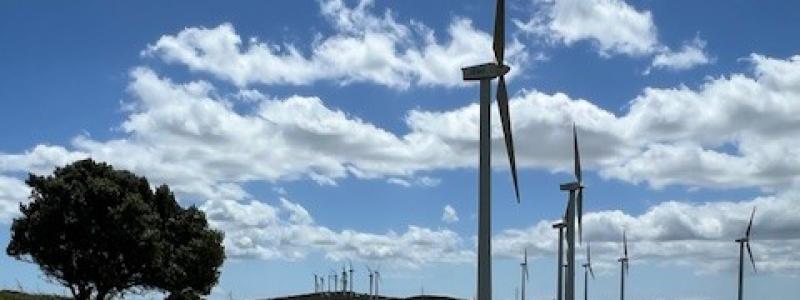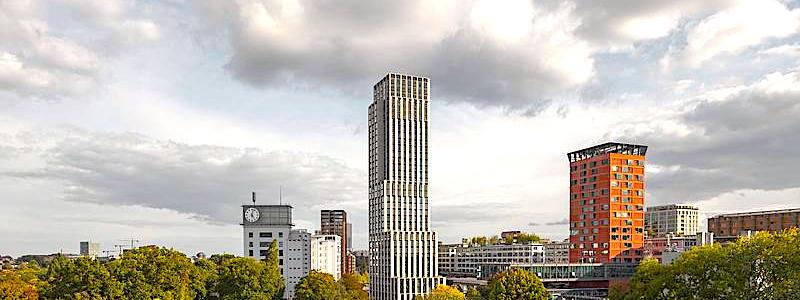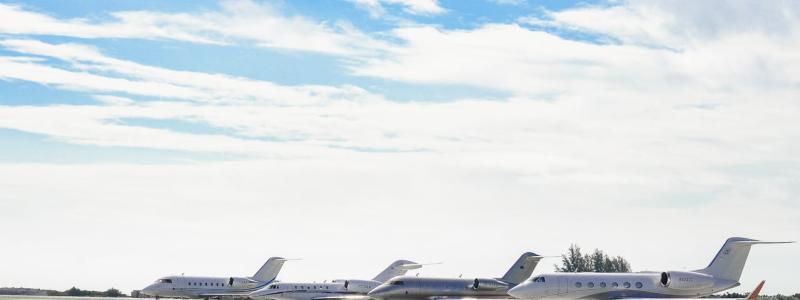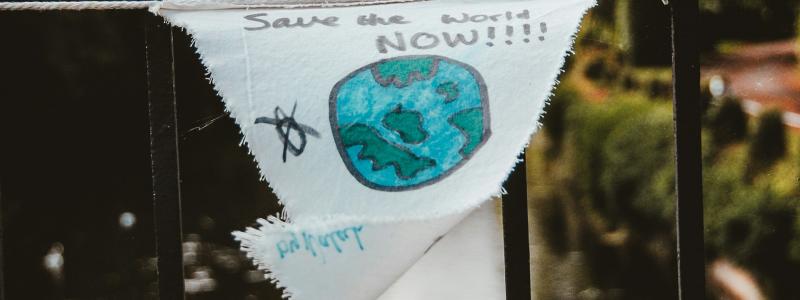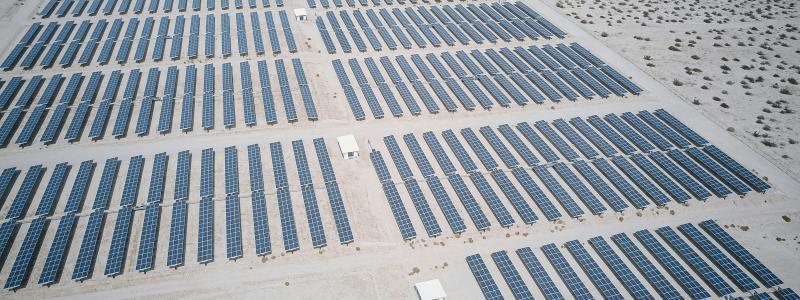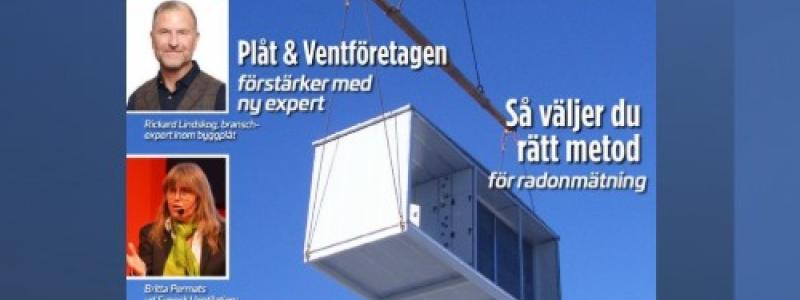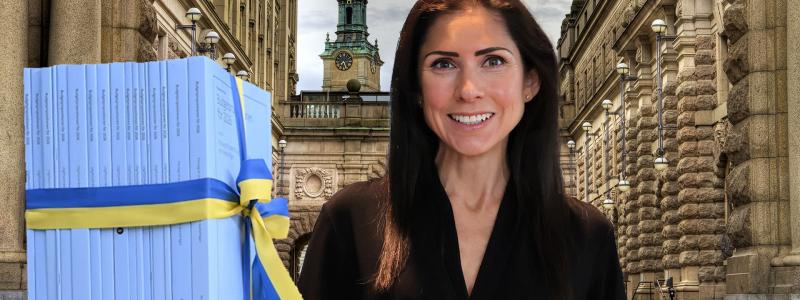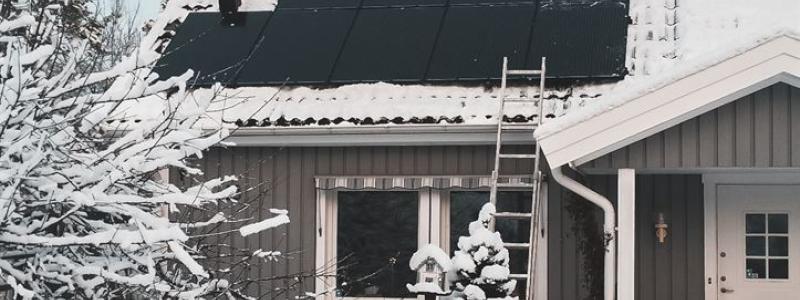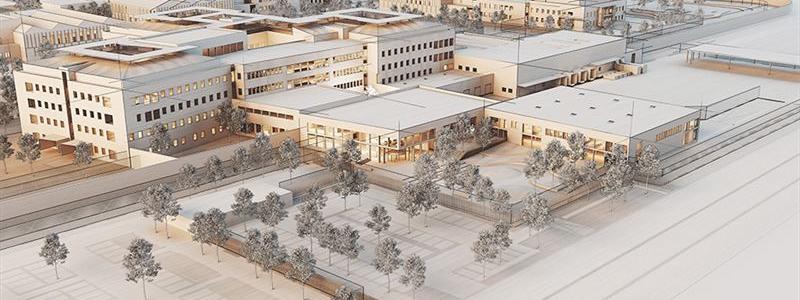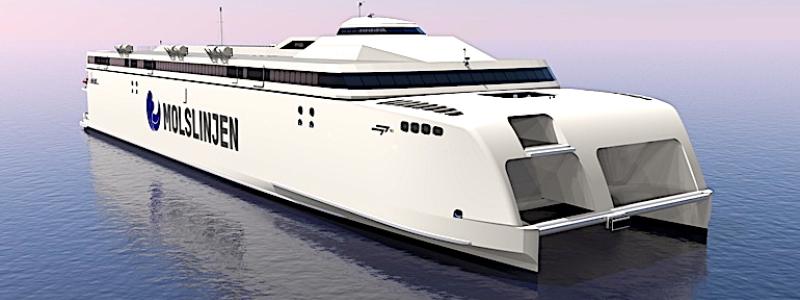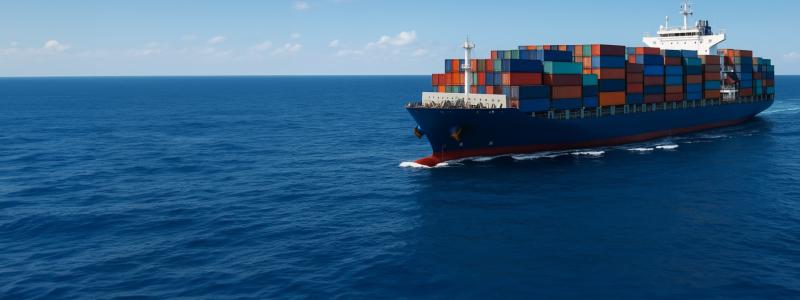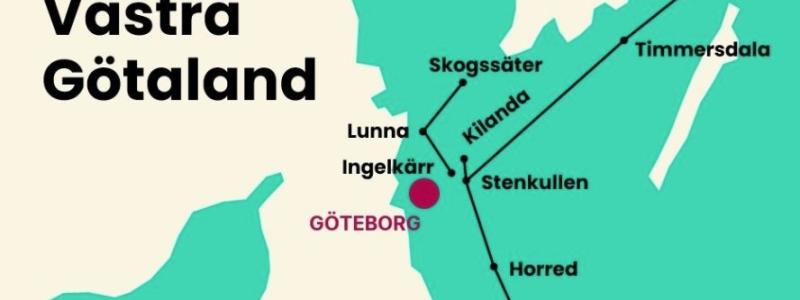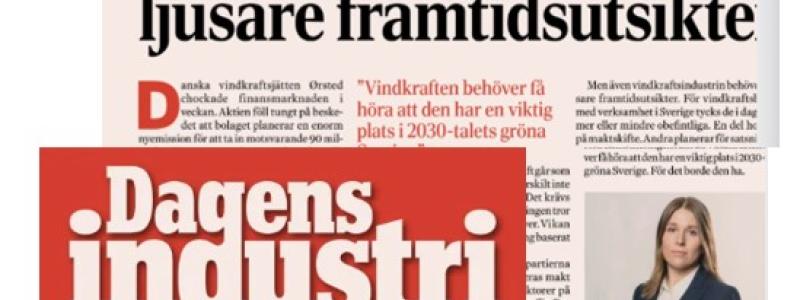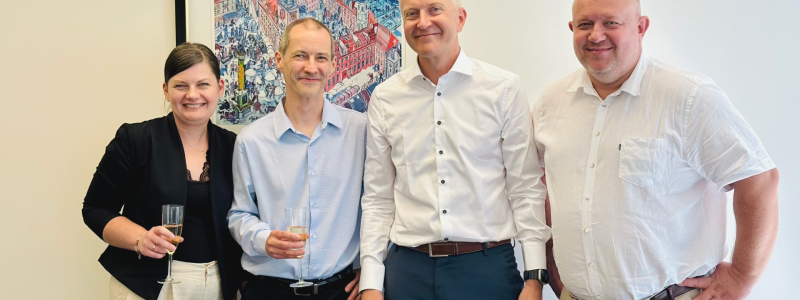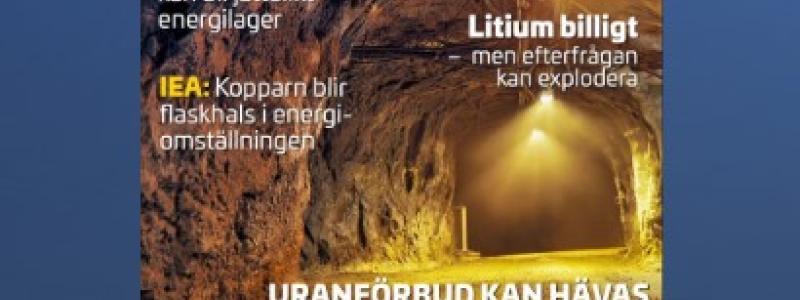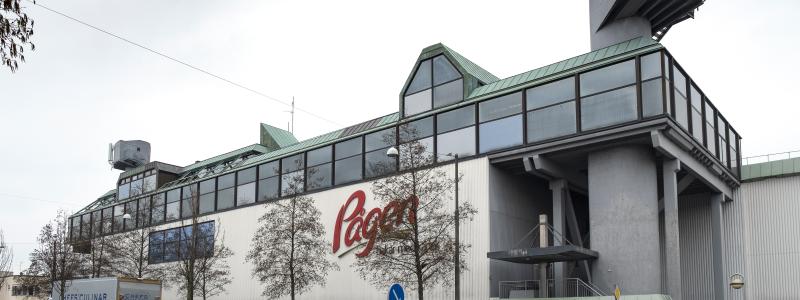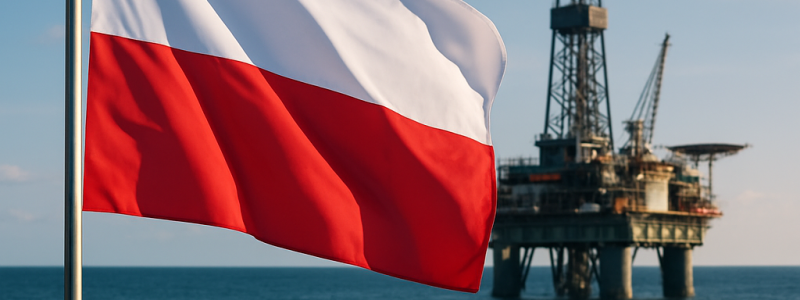Metsä Tissue’s sales for January-December 2010 totalled 938 million euros (890), with operating profit excluding non-recurring items amounting to 59 million euros (93). Sales were up approximately five per cent on the previous year as a result of higher sales volumes (+2 %), favourable exchange rates and price increases (+3%). Sales of Metsä Tissue’s own brands increased nine per cent on the previous year, most notably with Lambi, Katrin and Serla showing gratifying growth in demand.
Operating profit was affected by various factors, one being a sharp peak in variable costs. This applied particularly to escalating raw material prices. Pulp prices climbed 40 per cent on average and recovered paper prices in Central and Eastern Europe were as much as double those charged last year. The adverse impacts of this cost inflation were fortunately mitigated through successful hedging, price increases and ongoing efficiency enhancements. Metsä Tissue booked a non-recurring item and provision of seven million euros related to its Polish development project and a non-recurring cost of two million euros related to restructuring at the Mänttä mill.
Metsä Tissue continued to improve its cash flow and liquidity. Operating networking capital and net interest-bearing debt were successfully reduced. The company increased its equity ratio to 31.5 per cent (30.6%) and net financing expenses were reduced to 18 million euros (28). A dividend of 12.6 million euros was paid to A and B series shareholders.
Two strategic development programmes were launched during the year under review. One was related to a deal with M-real concerning the acquisition of Paper Machine 5 and related assets at the Düren plant in Germany. The deal was finalized in November. With production and converting now located closer to key markets, product availability will improve and Metsä Tissue will be able to leverage synergies from its existing production and warehousing locations in Germany. The deal will furthermore enable new products and product categories to be developed, thereby securing the future growth of the company’s baking and cooking business. The company concurrently decided to retire the 83-year-old greaseproof paper machine at the Mänttä mill, Paper Machine 5, by summer 2011. Statutory negotiations have been concluded, resulting in a headcount reduction of 117 employees.
The second strategic programme is designed to strengthen and upgrade the efficiency of Polish operations and to enhance product quality and the service offering in Poland. During the second quarter, the company announced its intention to consolidate tissue production capacity at the Krapkowice mill and discontinue papermaking at the Konstancin-Jeziorna mill by the end of 2012. The company is looking into various options regarding the future of operations currently based in Konstancin-Jeziorna.
The rebuild of Paper Machine 10 at the Mänttä mill was completed in spring. In addition to enhancing energy efficiency, this investment further improved the quality of Lambi, Serla and Katrin products. To support the Katrin brand’s growth targets, Metsä Tissue announced plans to significantly augment its Away-from-Home converting capacity at the Mänttä mill. This project is scheduled for completion in the first quarter of 2012. Two napkin lines were installed at the Pauliström mill in Sweden. Together with existing napkin lines in Germany, these will further improve supply reliability.


